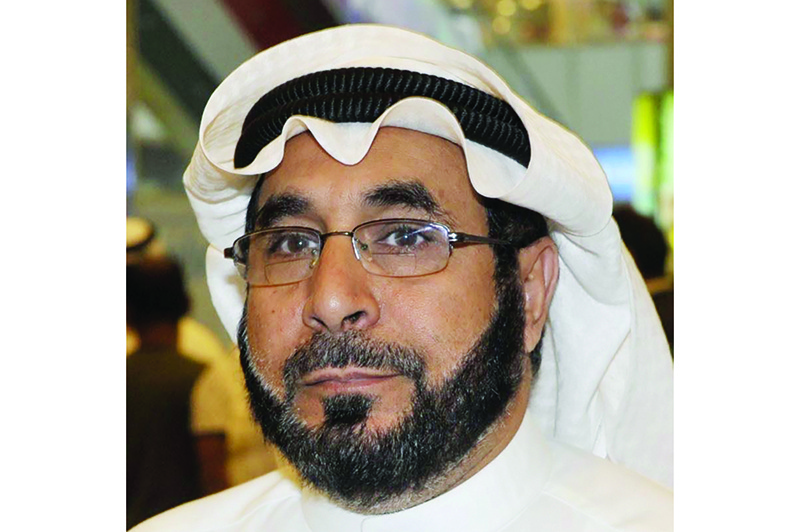
By Nawara Fattahova
KUWAIT: The Directorate General of Civil Aviation (DGCA) is ready to restart commercial flights at Kuwait International Airport and Saad Al-Abdullah Airport from August 1 with a total capacity of 10,000 passengers daily in the beginning. But travelers - both those departing Kuwait for holidays or other travel and those arriving - have many outstanding questions that are yet to be answered.
All passengers arriving to Kuwait will need a negative polymerase chain reaction (PCR) test result no older than 96 hours. “Furthermore, we will choose 10 percent of arriving passengers for random PCR tests upon arrival to make sure their tests were proper,” Director General of the DGCA Yousef Al-Fouzan told Kuwait Times in an exclusive interview.
Those traveling should undergo the PCR test in Kuwait, but it’s not yet clear where it can be done. Currently, only the health ministry can administer the PCR test and provide a negative certificate. The call center of the health ministry told Kuwait Times that Kuwaitis can have their PCR test done at Sabah Hospital, while expats should arrange one through their embassy. When contacting European embassies, they said they have no clue about where the test can be done.
“We are now finalizing the procedure of performing 1,000 PCR tests daily by National Aviation Services (NAS), which should be clear before August 1. We also proposed to let private clinics conduct PCR tests so more people can travel. When the plan of conducting the PCR tests at the airport is finalized, we will announce the dates, procedure and fees,” explained Fouzan. For those travelling for one or two days, they can use the same PCR test done before departure, as it’s valid for three days,” he added.
The problem of the PCR tests is one of the key issues limiting traveler numbers. As Fouzan explained, the number of daily passengers was set by the ministry of health. “This number was set as there is no capacity to conduct more PCR tests in a day, which is an essential condition for travel to most countries. The rules are changing almost daily, and some countries have stopped requiring the PCR test,” he said.
“The three-phase plan for the airport’s operating was prepared about a month ago, and since then, many rules and requirements have changed in various countries. So the 30 percent operating capacity from August 1 till February 2021 may change in the coming weeks. The DGCA will evaluate the situation after the first week of operations. I expect an increase in the number of flights and passengers, especially departures,” Fouzan said.
Passengers should check with the country of destination on the latest updates of their requirements. “The rules are changing every day, so passengers should keep an eye on the news before leaving. For instance, the UAE does not require a PCR test, as they do it for all arrivals at their airports. The same applies for Lebanon and Turkey. The UK, for instance, announced obligatory quarantine for all arrivals for 14 days with strict penalties for violators,” he said.
The DGCA is in the phase of preparing the flight schedule. “We are now receiving the schedules from the airlines so we can set the total flights. There won’t be any privilege or priority given to any category of passengers. In the past, we were operating about 400 flights daily on average, but now the number won’t exceed 100 flights,” Fouzan pointed out.
Passengers should be present at the airport four hours prior to departure. “This period was set due to safety measures and to avoid crowds. The stores and restaurants at the airport are open, including the duty-free shops. We have started applying social distancing measures at the airport through stickers on the ground and other instructions at the airport advising people to wear gloves, wash hands and maintain social distancing.
Barricades will be placed at the counters to distance passengers from the staff. Also, onboard meals will be given in pre-packed boxes. Also, nobody will be allowed to enter the airport without a facemask,” said Fouzan. Thermal cameras will check the temperature of all passengers. If any passenger has a high temperature, a PCR test will be done. If the result is positive, they will be sent to hospital.










